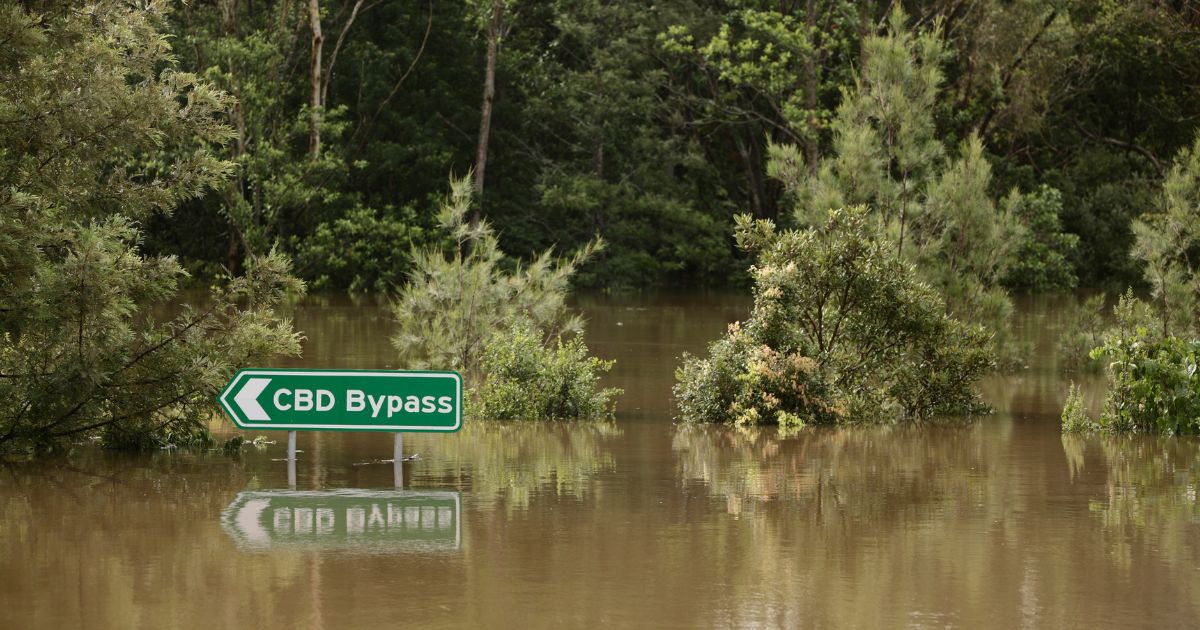In 2021-2022, Queensland experienced devastating floods, an independent Deloitte Report into the South East Queensland floods revealed an estimated total cost of $7.7 billion.
The floods affected over 500,000 people, resulting in an estimated human and social cost of $4.5 billion. Additionally, the impact on homes and businesses amounted to approximately $2 billion, affecting around 18,000 properties.
With a wet and unruly tropical summer again, from December 2023-February 2024, property owners and lessors are still recovering from multiple devastating weather events and natural disasters in Queensland.
Dealing with flood damage or a natural disaster as a property owner or lessor can be a challenging situation, particularly when it comes to understanding your rights and responsibilities as a landlord or tenant.
Here’s a closer look at how flood damage affects both residential properties and commercial leases, and what you can do to navigate difficult circumstances where your property has suffered substantial damage:
Residential Properties Suffering Flood or Water Damage
When a residential property is affected by flood or water damage, it’s crucial to determine who bears the responsibility for rectifying the damages.
According to the Real Estate Institute of Queensland (REIQ), once a property is under contract, the buyer assumes responsibility for any flood damage from 5:00pm on the next business day after signing the contract. Therefore, buyers are strongly advised to secure insurance coverage to address flood damage. It is recommended you contact your insurance as soon as possible after the event has occurred.
In the event of severe damage rendering the property uninhabitable, buyers may have the right to terminate the contract under section 64 of the Property Law Act 1974 (Qld) and seek a refund of any monies paid.
Commercial and Retail Leases During Extreme Weather Events and Natural Disaster
For commercial and retail leases, determining responsibility for flood damage can be more complex. The terms of the lease agreement dictate who is responsible for repairs and restoration in the event of flood damage. In retail leases, the lessor typically bears responsibility for repairing structural damage to the premises. However, for commercial leases, the allocation of responsibility may vary depending on the lease terms. Lessees are entitled to reduced rent if the property becomes unfit for occupation and use due to flood damage, as provided by Section 105 of the Property Law Act 1974 (Qld). However, this entitlement may be overridden if the lease agreement specifies otherwise.
Termination of Lease Rights After Severe Flood Damage
Lessors may have the power to terminate a lease in the event of severe flood damage, subject to the terms of the lease agreement. Typically, a damage and destruction clause would allow the lessor to terminate the lease if the property requires rebuilding due to flood damage. However, mere flood damage may not be sufficient grounds for termination, and specific conditions and time limits may apply.

Understanding the implications of flood damage on property contracts, forms of property and leases is essential for both landlords and tenants. Reviewing lease agreements and seeking legal advice can help clarify rights and obligations in the event of flood damage.
Navigating flood damage to your property requires careful consideration of legal obligations and contractual rights. By being proactive and seeking professional guidance, you can effectively manage the impact of flood damage and protect your interests.
If you require assistance with lease disputes or property contracts in Queensland, our property team at NB Property Lawyers are here to help.
Book your free consultation here.

Connect with Kayleigh Swift
Kayleigh Swift is the Director NB Property Law, where she also showcases her expertise in Commercial and Residential property matters. Prior to joining NoBorders Law Group, Kayleigh was part of a commercial property team in a mid-sized firm and held a position in a local council’s property department.
Kayleigh Swift
[email protected]
(07) 3876 5111
